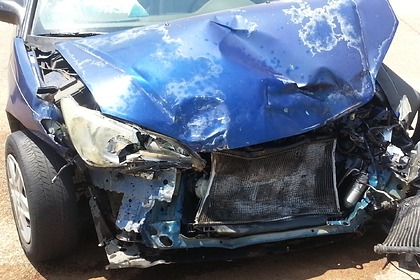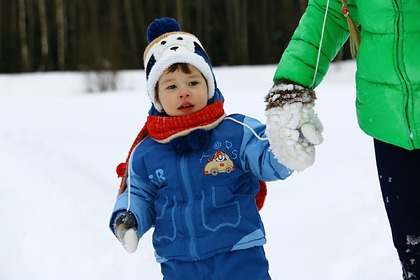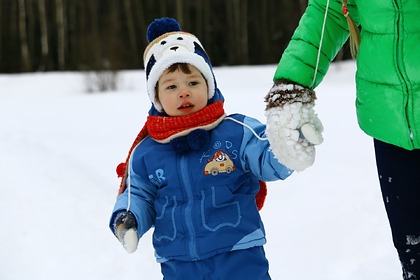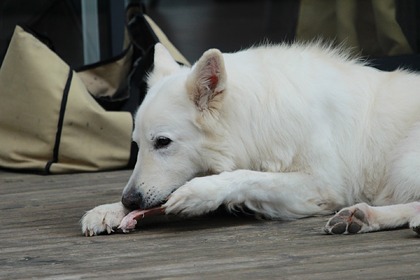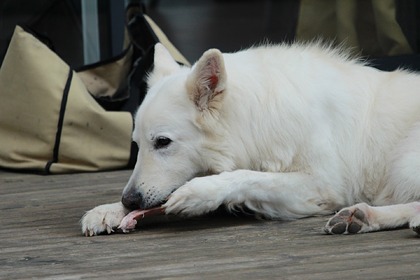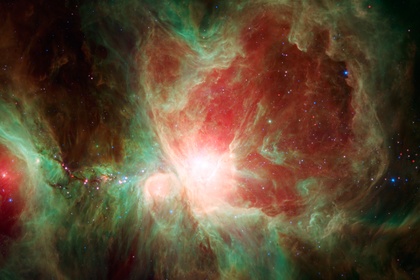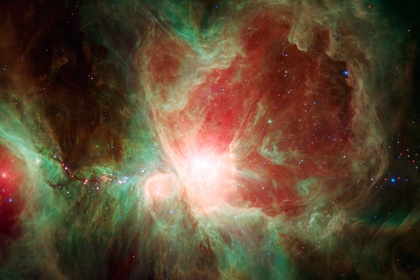Foreigners were responsible for 61.5% of road accidents with their participation in Russia in nine months participation that occurred in Russia in nine months of 2021 follows from a survey of road traffic accidents in the country prepared by the Ministry of Internal Affairs, which was reviewed by TASS. “On average, foreign drivers were responsible for 61.5 percent of all road accidents with their participation. In almost two-thirds of the cases, drivers were guilty of committing an accident – citizens of the republics of Armenia, Uzbekistan and Azerbaijan, only in half of the cases the drivers were citizens of the republics of Belarus and Kazakhstan, ”the study says. Also by 3.6 percent increased the number of road traffic accidents associated with violation of traffic rules by citizens of the CIS countries and by 1.5 percent – the number of people injured in such accidents. The largest number of such accidents
